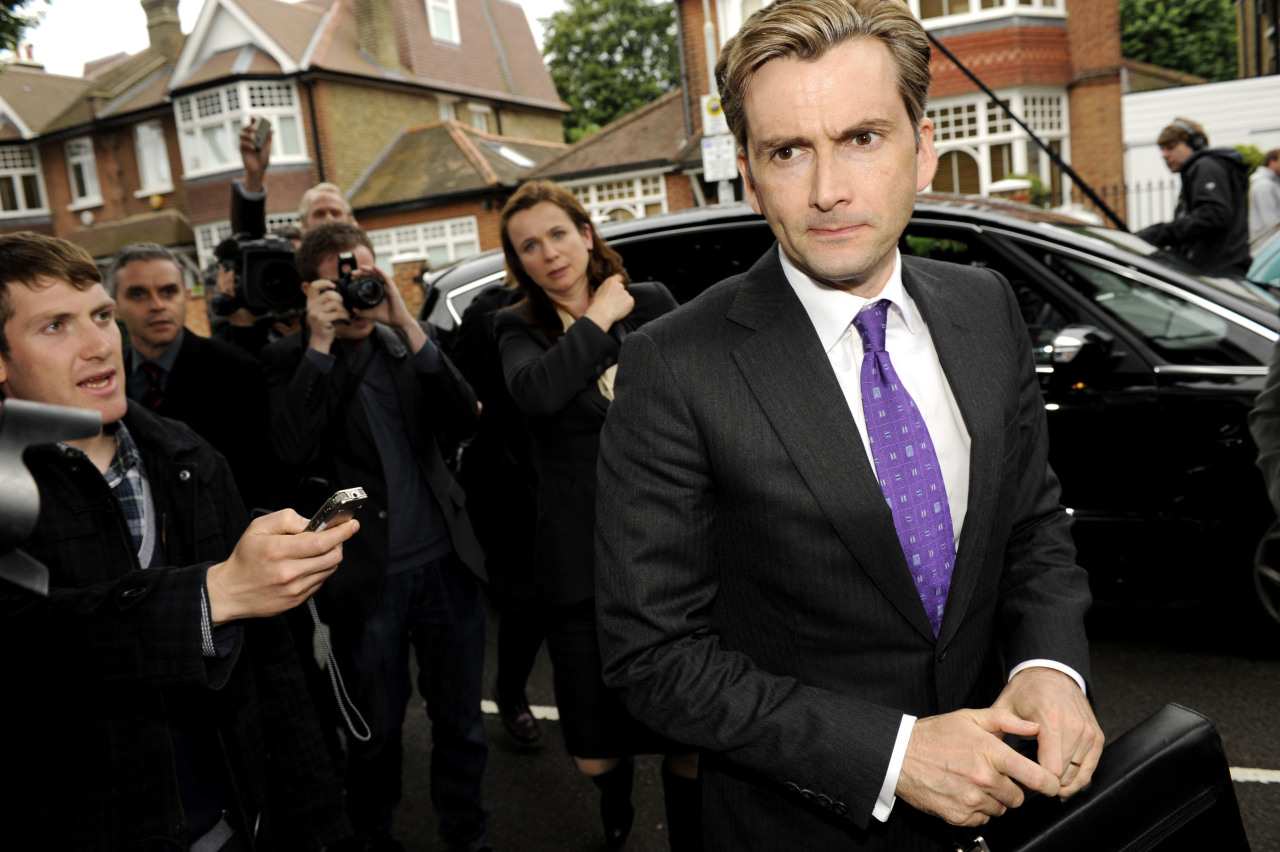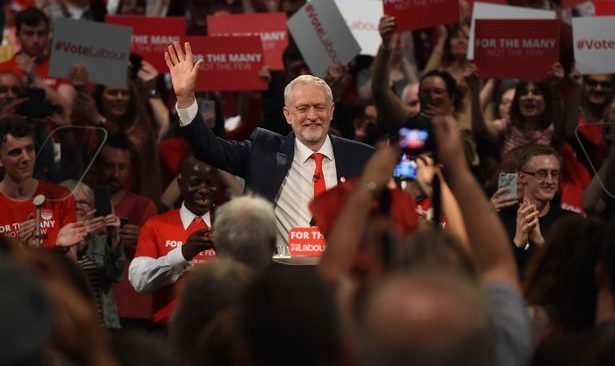I fell out of love with football a while back. It was the little things that start off as charming eventually became huge irritants: financial imbalances tipping the scales (when it was Blackburn for a season or two it was exciting, remember?), influxes of players from all round the globe no matter really their pedigree or connection to your town (when your team signed a Scandinavian for the first time, it was thrilling, wasn’t it?), sport on the front pages (once reserved for world cup wins and exits).
Once a season ticket holder at my club, a travelling England fan (two world cups, and one…) I had watched maybe three matches this year: and none live. Some commercial imperative lost us our seats at St Andrews a few years ago and I went increasingly sporadically, only to the bigger games, or when someone offered me a ticket. Embarrassed then, in conversations about how the team were doing as I didn’t have experience of watching them almost every week.
And England, they failed again and again, not gloriously but with lack of energy. From the passion and endeavour of our defeats in 1998 (a glorious time to care and be there), to the clueless jogging of a scrappy win in Barcelona against Andorra, where faced with Steve McClaren’s take on the ‘golden generation’ we chanted for nothing more than bringing Graham Taylor back.
TV rights reasons and moving further from Birmingham isolated me from the actual sport played by the blues, media coverage (apart from the breathless or angry local press and people) almost non-existent.
Football fell back in my life in much the way cricket worked for me: fascination with the history, the identities, the culture and the position in the world; but precious little interest in what happens on the pitch.
Premier league games, when I saw them, looked not like football should: but something more pristine. Perfect grass, shining at you at the right colour, the crowd static, the players all so universally healthy: so universally quick that the speed of the game is uniform and appears slow. Every game having the lustre of a meaningless pre-season friendly. It may be an age thing, all new bands look like bands created for a film, new TV shows lack interest, relying on plot twists and an infantile avoidance of ‘spoilers’, but it’s only football I’ve thoroughly withdrawn from.
This world cup, is a case apart. It’s marvellous, exciting and engrossing. There are skills and stories, and shocks. There is openness and fun, fun.
And it’s something about the shared experience, the sheer scale. Watching the stadiums filled with fans from South America, those from all around the globe embracing a particular type of togetherness: the self-parodic headgear, Sphinxes from Egypt, viking helmets from Iceland, Japan with Benny Hill kamikaze headbands and cleaning up the terraces.
The pundits become looser, there’s time to fill, there is a bank of shared knowledge, relationships and thoughts develop. While the skill – and the gulf in skills – is bigger, we are allowed to enjoy the drama.
Watching Iran attempt to better Spain, everyone behind the ball, time wasting and hoofing it was wonderful. It was thrilling to watch them boring us, pushing and tweaking armpit hair at corners. That’s the part of the game. That’s football: in an everyday context this isn’t fun. In a world cup it is.
Maybe it’s because they can’t be as well drilled as club teams, they can’t park the bus as effectively. Maybe tactics can’t work, pure organisation will fail. Goals (except in a game where no-one wants to break sweat, France and Denmark) are guaranteed, one lapse of concentration, one call on a video replay, one moment of skill will be there from pretty much any team in pretty much any match.
You don’t have to turn away because it’s always there, the rhythm of the games, gaps of an hour to relive or keep life ticking over. It’s on the radio when you’re driving, scores and updates fill the conversational gaps usually stuffed with weather and traffic.
You don’t need to know everything to be involved – because no-one knows everything. But you learn so much.
The drop from three games to only two successive matches live per day felt like a death, it’s the worst bit. Suddenly some of the games don’t matter quite so much, nothing will be as bad again until the first day with no matches, the gap between quarters and semi-finals.
For all the corruption and commercialism, for all the worries about football and its place in the world. For a time, football is the world, cynicism on the pitch even feels like an expression of love. A foul can bring a nation together with its foes, a goal can unite the world.
All England have to do is be OK and not spoil it for bit.


